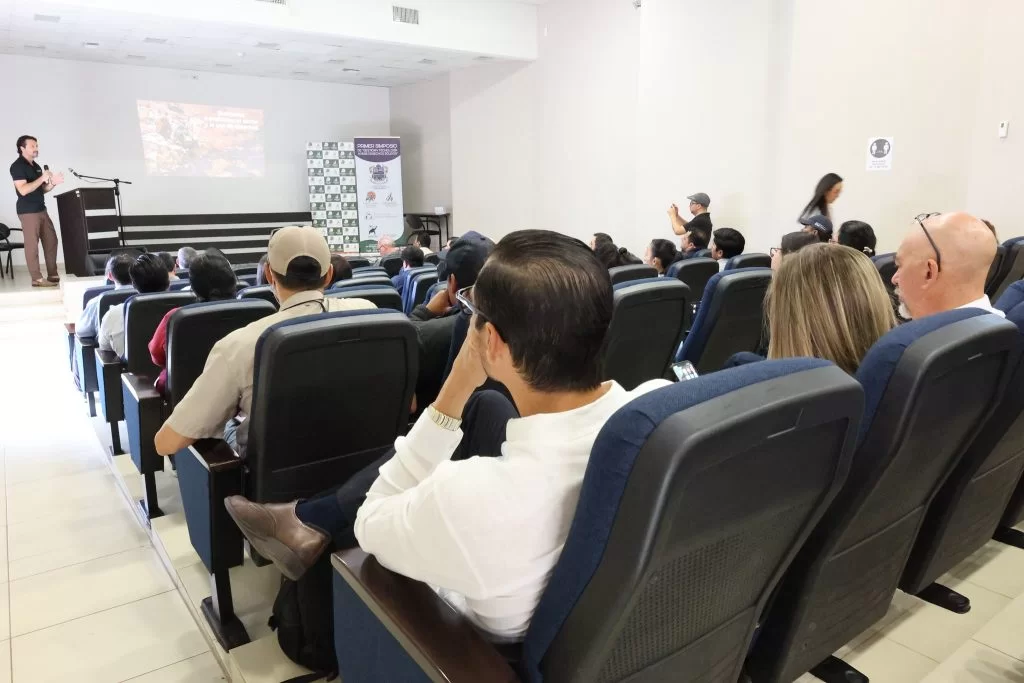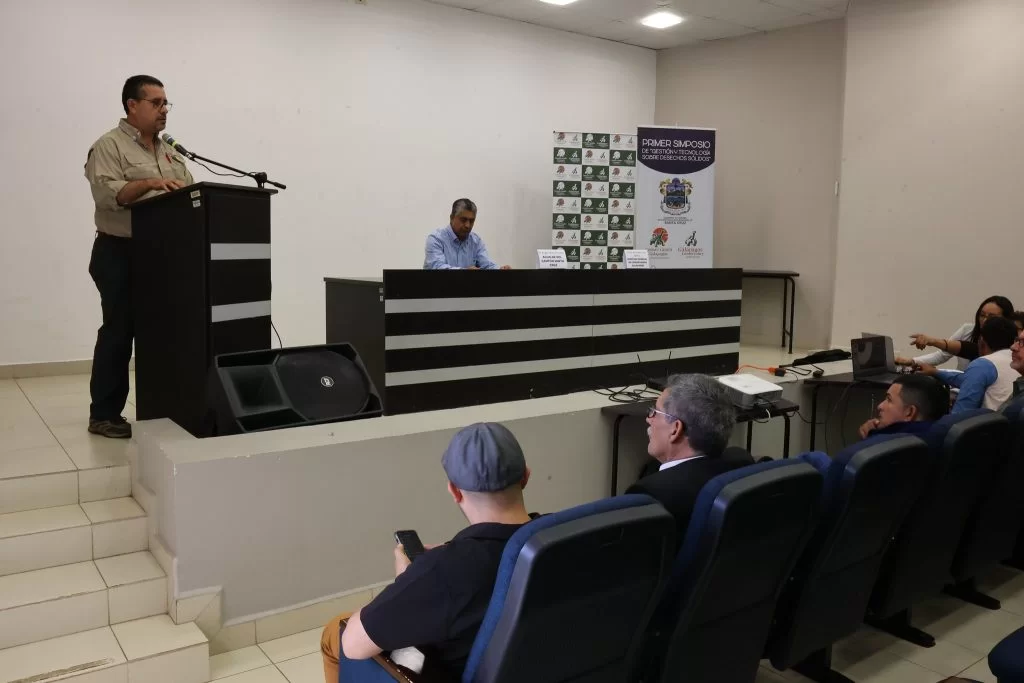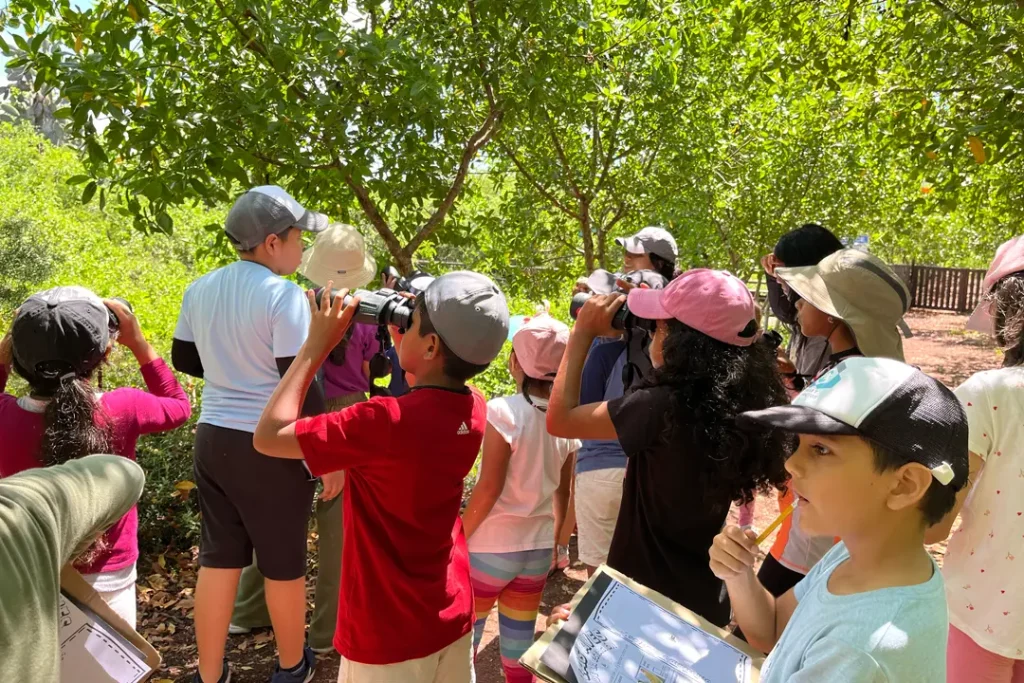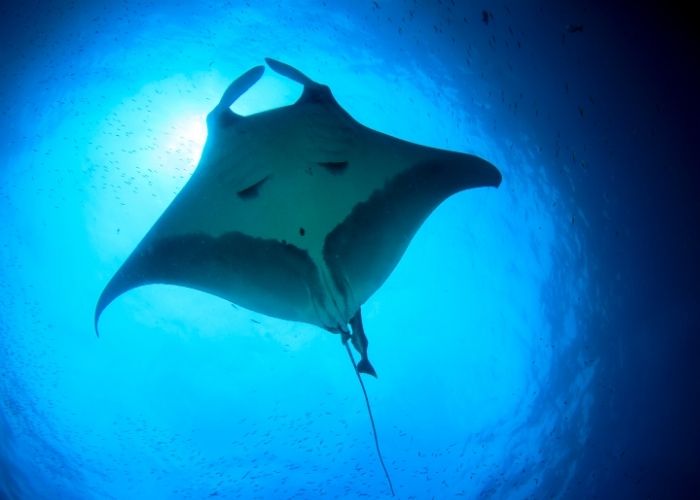Eighty people participated in the workshop and learned about the management and technology used by private and public companies in Ecuador. They also learned about the more popular solid waste management systems in other parts of the world. Experts from local, national and international were present. Solid waste management refers to the collection, treatment and disposal of discarded material. In recent years, movements have been made to make these processes environmentally-friendly, with more recycling and composting programs being introduced.
The technical discussion saw the participants engage in technical discussions with Galapagos residents to improve the decision-making process at both the public and private levels. This will ensure that Santa Cruz has a waste management system that is optimal.
Washington Tapia is the General Director of Galapagos Conservancy, and Conservando Galapagos. He explained that proper waste management at each stage after its generation has negative effects on the environment and human health.
Santa Cruz estimates that each month the island produces an average of 63 tonnes of organic waste, 89 tons of recyclable waste and 117 tons of nonrecyclable waste. As a result, it becomes increasingly important to have the most ecologically-productive waste management practices in place.

I Waste Disposal Symposium © Galápagos Conservancy



